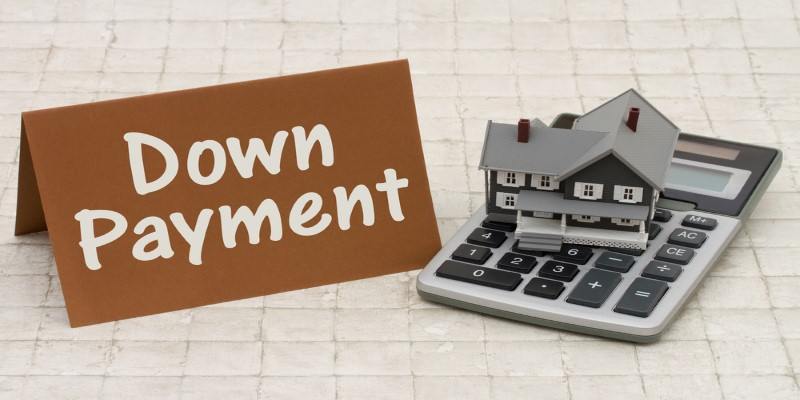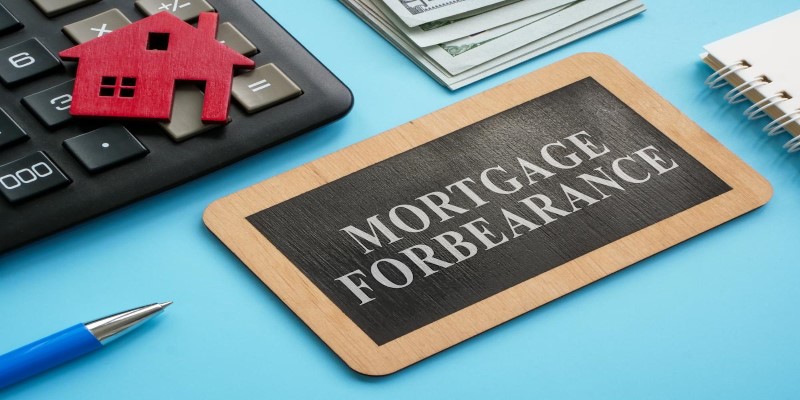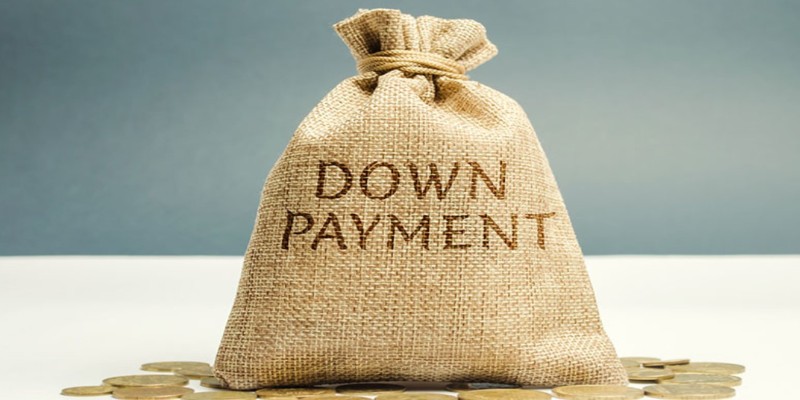Buying a house is one of those life milestones that often comes with equal parts excitement and stress. Between choosing the right neighborhood, saving for a down payment, and figuring out what you can actually afford, there's another important factor that can quietly make or break the process—your credit score. For most people, a credit score might seem like just a number, but when it comes to getting a mortgage, that number becomes a powerful gatekeeper.
It affects not just whether you’ll get approved but also how much interest you’ll pay over the life of your loan. If you’re asking what the ideal credit score to buy a house is, the answer depends on a few things: the kind of loan you’re applying for, how much risk the lender is willing to take, and how much financial wiggle room you want in the long run.
Understanding How Credit Scores Work in Home Buying?
To understand the “ideal” credit score, it helps to first understand what credit scores are and why lenders care about them so much. A credit score is a numerical expression of your creditworthiness—basically, how trustworthy you are in the eyes of lenders when it comes to borrowing money. These scores typically range from 300 to 850, with higher numbers meaning lower risk to lenders. The most commonly used credit scoring model in mortgage lending is the FICO score.
When you apply for a mortgage, lenders use your credit score as a snapshot of your financial behavior. It helps them decide two main things: whether to approve your loan and what interest rate to offer. A high score usually means more loan options, lower interest rates, and fewer hoops to jump through. A lower score doesn't always mean denial, but it usually means you'll pay more over time or need to offer a larger down payment upfront.
Generally, a score of 620 is considered the minimum for a conventional loan. That doesn’t mean it’s the ideal credit score—it just means it’s the starting point for most lenders to consider your application. A higher score opens more doors. At 740 or above, you’re often looking at the best possible mortgage rates available in the market.
Credit Score Thresholds for Different Loan Types
Different types of home loans have varying credit score requirements. For instance, FHA loans—backed by the Federal Housing Administration—are designed to help first-time homebuyers or those with less-than-perfect credit. You can get approved for an FHA loan with a score as low as 580, sometimes even lower if you're making a large down payment. However, that doesn't mean 580 is ideal—it simply means it's technically allowed.
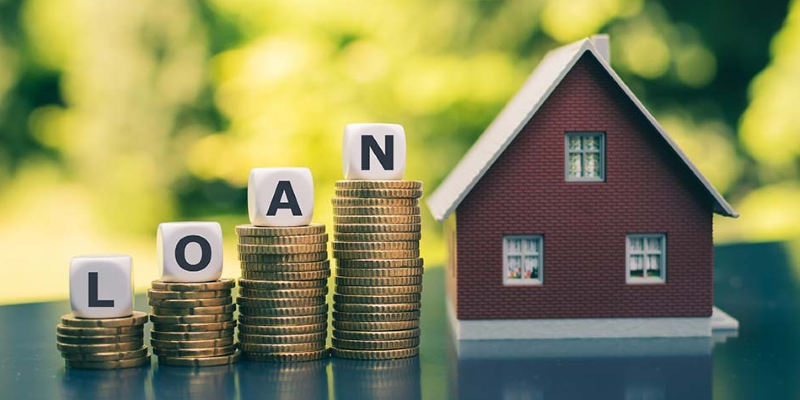
VA loans, available to veterans and active-duty military personnel, have no official minimum score, but most lenders still like to see something in the 620–640 range. USDA loans, meant for rural properties, generally require scores around 640.
Conventional loans, which aren’t backed by any government agency, typically require higher credit scores. A 620 score is often the floor, but to get a reasonable interest rate and fewer conditions, you’re better off aiming for 700 or higher. And for those top-tier mortgage rates, a credit score of 740 or above is usually what you’re looking for.
The main takeaway is that while you can buy a house with a score below 700, the ideal credit score to buy a house is 740 or higher. That’s where you’ll find the lowest rates, the fewest headaches, and the most room to negotiate with lenders.
Why the Ideal Credit Score Matters Long-Term?
The reason a strong credit score matters isn’t just about getting approved. It’s about what happens after you sign the papers. A better credit score translates into a lower interest rate, and that can mean a difference of tens of thousands of dollars over the life of your mortgage.
Let’s say you're looking at a 30-year fixed mortgage on a $300,000 home. If you have a credit score of 620, you might get an interest rate of around 7.5%. But if your score is 760, you might qualify for a rate closer to 6%. That 1.5% difference can add up to well over $90,000 in interest savings over the life of your loan. That's money you could be using for renovations, savings, or just breathing a little easier every month.
Additionally, a higher credit score gives you more leverage. You might be able to put down a smaller down payment and still avoid costly private mortgage insurance (PMI). You’re also less likely to face strict underwriting requirements, and you’ll likely close on your home faster.
Another often-overlooked advantage is future flexibility. If you decide to refinance your mortgage a few years down the line, a high credit score keeps that option open—and attractive. Lower scores often close off these opportunities, locking you into less-than-ideal financial situations.
How to Build the Ideal Credit Score Before House Hunting?
If your credit score isn't quite where it needs to be, the good news is there's plenty you can do—though it takes time. Building a score above 740 means showing long-term financial responsibility. This includes making on-time payments, keeping balances low relative to your limits, avoiding unnecessary hard inquiries, and having a healthy mix of credit types.
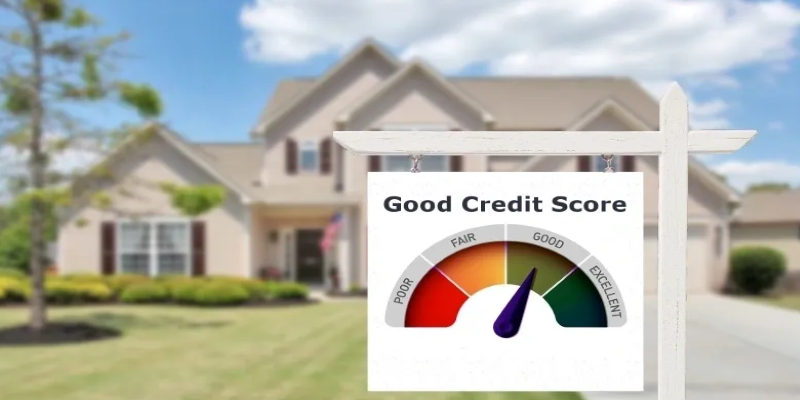
Even small improvements can make a big difference. If you're at 690, raising your score by just 30–50 points could save you thousands over the life of your loan. Pull your credit reports regularly and dispute any errors. Keep older credit lines open if they're in good standing since account age affects your score.
Don't take on new debt right before applying for a mortgage. Lenders check your debt-to-income ratio and recent activity, and a sudden change can cause them to re-evaluate your application—even late in the process.
Start planning six months to a year before you apply. That gives you time to pay down debt, clear red flags, and show lenders you're a low-risk investment.
Conclusion
The ideal credit score to buy a house is 740 or higher. While approval is possible with a lower score, a higher one gets you better rates and terms. Your credit score is like your financial reputation—it speaks for you. You don’t need perfection, but you do need preparation. By improving your score ahead of time, you give yourself a clear advantage in the homebuying process. It’s about setting yourself up for stronger options and a smoother path to ownership.







